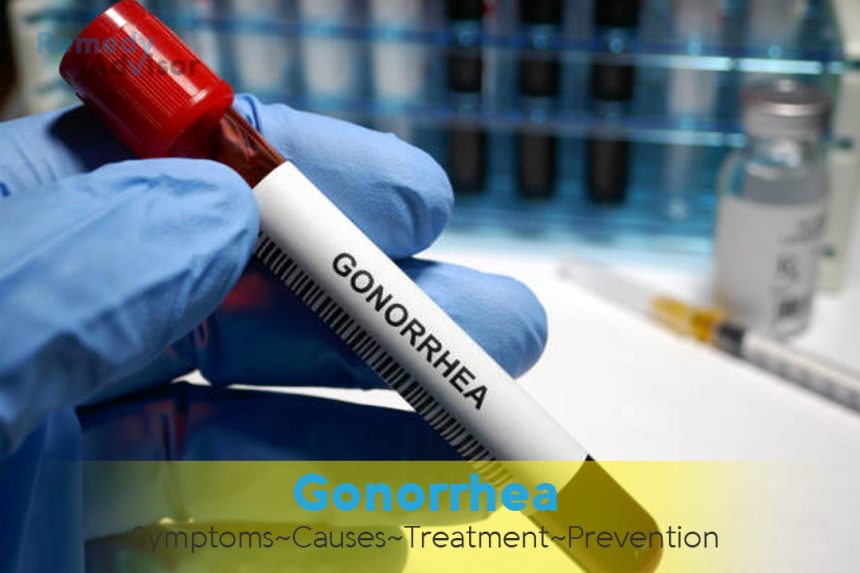What is it
Gonorrhea is a contagious bacterial infection that’s been known since ancient times. It’s estimated that one to two million people are infected with gonorrhea annually in the United States.
You can have gonorrhea without any obvious symptoms, especially if you’re a woman. If any are noticeable, they generally occur within 2 to 10 days of infection. Gonorrhea is spread by direct contact with infected mucous membranes in the genitals, mouth, and throat. In women, the bacteria typically infect the cervix (the opening of the uterus), which becomes tender to the touch and inflamed. In about 15 percent of infected women, the infection travels to the fallopian tubes.
Men are usually infected first in the urethra, the tube that urine and sperm pass through.
Symptoms
- Painful urination.
- Green-yellow vaginal or penile discharge.
- Sore throat (if contracted through oral sex).
- Rectal pain or discharge (if contracted through anal sex).
What causes it
Gonorrhea is caused by a bacterium contracted by sexual contact (vaginal, anal, oral). A baby can contract gonorrhea from an infected pregnant mother during childbirth, which may cause the infant to go blind unless promptly treated.
What if you do nothing
Gonorrhea may be both chronic and progressive. If left untreated, it can result in arthritis, skin sores, and heart or brain infection. In women, the disease can cause pelvic inflammatory disease (PID), which can cause chronic pelvic pain and may also damage fallopian tubes, leading to ectopic pregnancy (potentially fatal to the mother). Gonorrhea can also cause permanent sterility in both women and men. Infants born to infected mothers are at risk of becoming blind unless treated.
Treatment
Gonorrhea requires diagnosis and treatment by a health care professional and treatment with medications. There are no home remedies. You should abstain from sexual intercourse until your physician is sure the infection is completely cured.
Prevention
Know your partner
Get to know your sex partner before becoming intimate. Avoid any- one whose health status is questionable.
Use a condom
Latex condoms effectively prevent the spread of gonorrhea.
Observe good hygiene
Wash your genitals with soap and water before and after sexual contact.
Detect it early
If you or your partner notice any symptoms, contact your physician immediately and seek treatment.
Get tested routinely if you are at high risk
Individuals at high risk include young women (under the age of 25) who have had two or more sex partners within the past year and men or women with a history of repeated episodes of gonorrhea. Also, be sure to get tested if you become pregnant and have had multiple sex partners.







